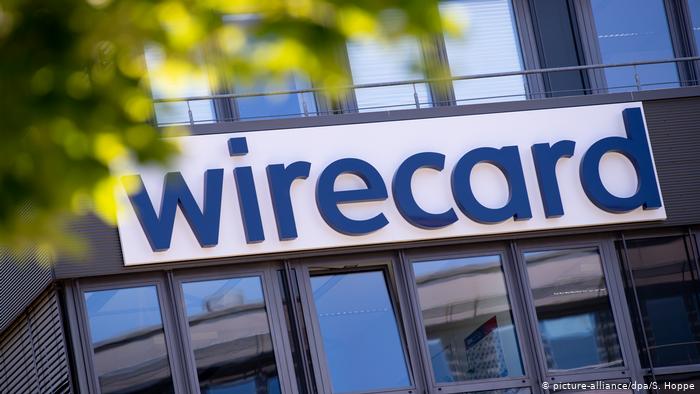In the tech industry at large, companies are gravitated towards new technologies, for any one of them can be the next Paypal or Facebook. And thus, when a scam breaks out, the numbers involved are usually mind boggling. That being said, Wirecard, the infamous payments company whose CEO is involved in perhaps tech world’s biggest scam, is going down, owing close to $4 billion to creditors.
The company had been leading down a dark path for some time now. It all started last year, when a series of reports in British newspaper Financial Times uncovered accounting irregularities in its Asian operations.
Then, things took a turn for the worse when EY, the company’s auditor for more than a decade, refused to sign off the 2019 accounts last week. EY explains that during the audits, it was provided with false confirmations with regard to escrow accounts and reported them to the relevant authorities. Wirecard, being guilty as it was, did not comment. And honestly, how can you when you are planning to pull off the fraud of the decade?
“There are clear indications that this was an elaborate and sophisticated fraud involving multiple parties around the world,” EY said in a statement.
In fact, Chief Executive Markus Braun was forced to admit that $2.1 billion of the company’s cash probably didn’t exist. He has been detained under the suspicions of inflating the company’s value by showing assets that he did not own.
The $2.1 billion in question was supposed to have been held by two banks in the Philippines. However, it was found last week that the money did not even enter the financial system of the country’s central bank.
The company’s shares tanked after the announcement. And by tanked, I mean a gargantuan 98% fall. The only option left for Wirecard was to file for insolvency, which it did. The company said that with 1.3 billion euros ($1.5 billion) of loans due within a week, its survival as a going concern was “not assured”.
Now, the money is gone. Yeah, that’s a cynical view of seeing it, but that’s the truth, according to Reuters, which has spoken with people familiar with the matter. Over the years, the creditors might see some dollars returning to their accounts, but for the most part, the $4 billion is gone.
German law firm Schirp & Partner said that they would file class action lawsuits against EY, the auditor which let Wirecard’s shady numbers pass for years.
“It is frightening how long Wirecard AG was able to operate without being objected to by the auditors,” partner Wolfgang Schirp said.





